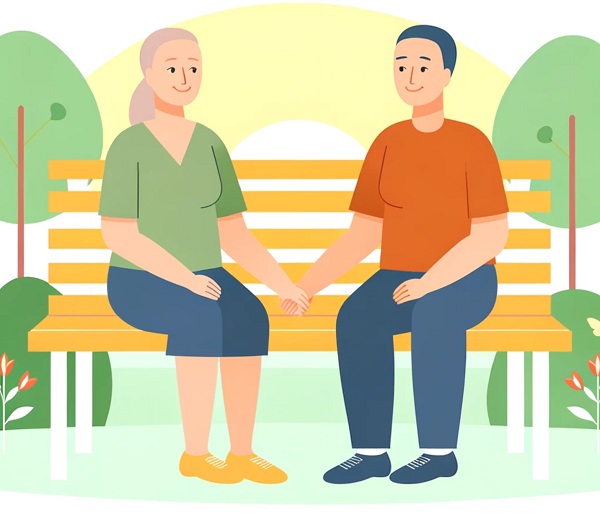This is a question you can look at multiple ways, but personally, I feel it is often the fault of many mental health practitioners rather than social media or judgmental people. You see, the main problem mental health practitioners have with BPD is that treatments don’t often work with the disorder. People will often still self-harm, millions have committed suicide while still in therapy and some have done both those things while in the therapy session itself! This in turn results in mental health practitioners claiming people are attention-seeking often in order to save their own reputation. It only takes a few of them saying that for joe public to hear it and start making up their own conclusion stigmas. (even NHS mental health practitioners feel that is why there is so much stigma!) But the good news is things are changing…
With more and more acceptance of BPD (as well as many other mental health conditions) most mental health practitioners wouldn’t dream of saying someone is ‘attention-seeking’ or anything else along those lines. BPD especially is treated as the serious mental health disorder that it is. Sure, there are still plenty of articles online saying BPD is fake, attention-seeking and a ‘made up’ disorder, but there are way more based on positive wording as well. People will always find bad things against BPD or anything else if they go looking for it online, its called a ‘Digital Echo Chamber‘ and it reinforces what they think, but with a lot more education and main-steam people coming out as having BPD the small majority that thinks that way will soon be too small to notice.
If you have any other questions relating to BPD or would just like some advice on the disorder do get in touch with us via the contact us page. It’s easy to do, we are both responsive and confidential, plus we never save any of your details in any way.



